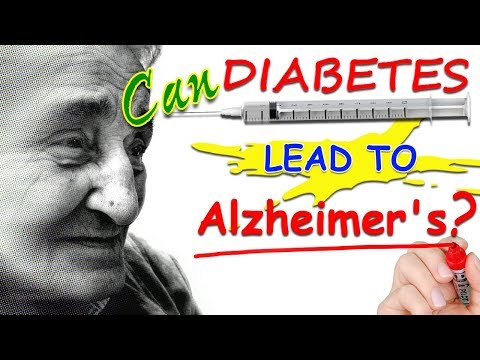
Migraine attacks can be more severe than a typical allergy- or stress-related headache. Migraine attacks can last from 72 hours to 4. Migraine attacks can be triggered by even the most routine activities like moving around or being in close proximity to light and noise.
Although pain medication can temporarily relieve symptoms of migraine attacks such as headaches, there are possible side effects. CBD could be a solution.
Take a look at the Best CBD Brands !
x
CBD is one of many active compounds in cannabis plants. CBD has been used to treat medical conditions naturally.
There is not much research on CBD and migraines. The effects of CBD and THC (a different cannabinoid) are examined in existing studies. No studies have been published that focus on CBD as a single component in migraines.
The limitations of research are due in part to the regulations surrounding CBD and the obstacles associated with legalizing cannabis. Some laboratory studies suggest that CBD oil can help with migraines and chronic pain.
A group of researchers presented their results on migraine prevention and cannabinoids in 2017,, the 3rd Congress of European Academy of Neurology.
Phase 1 of the study involved 48 people suffering from chronic migraines receiving a combination of two compounds. The first compound contained 19% THC while the second contained 9 percent CBD with virtually no THC. These compounds were taken orally.
Doses under 100 milligrams had no effect. Acute pain was decreased by 55 percentage when the dose was increased to 200 milligrams.
Phase II was for people suffering from chronic migraines and cluster headaches. The 79 with chronic migraine were given a daily dose 200 of either the THC-CBD mixture from phase 1 or 25 of amitriptyline (a tricyclic antidepressant).
The 48 with cluster headaches were given a daily dose 200 of THC-CBD from phase 1 or 480 of verapamil. This is a calcium channel blocker.
The treatment lasted three months. A follow-up appointment was scheduled four weeks later.
Combination THC-CBD reduced migraine attacks by 40.4 percentage, while amitriptyline resulted in a 40.1 per cent reduction in migraine attacks. THC-CBD combined also decreased the pain intensity by 43.5 percentage.
Cluster headache sufferers saw only a slight reduction in their headache frequency and severity.
Some participants did however notice a drop in their pain intensity of 5 percentage. Participants who had suffered from migraine attacks since childhood were not affected by this drop in pain intensity.
Researchers concluded that acute cluster headaches could only be treated with cannabinoids if the sufferer had suffered from migraine attacks as a child.










